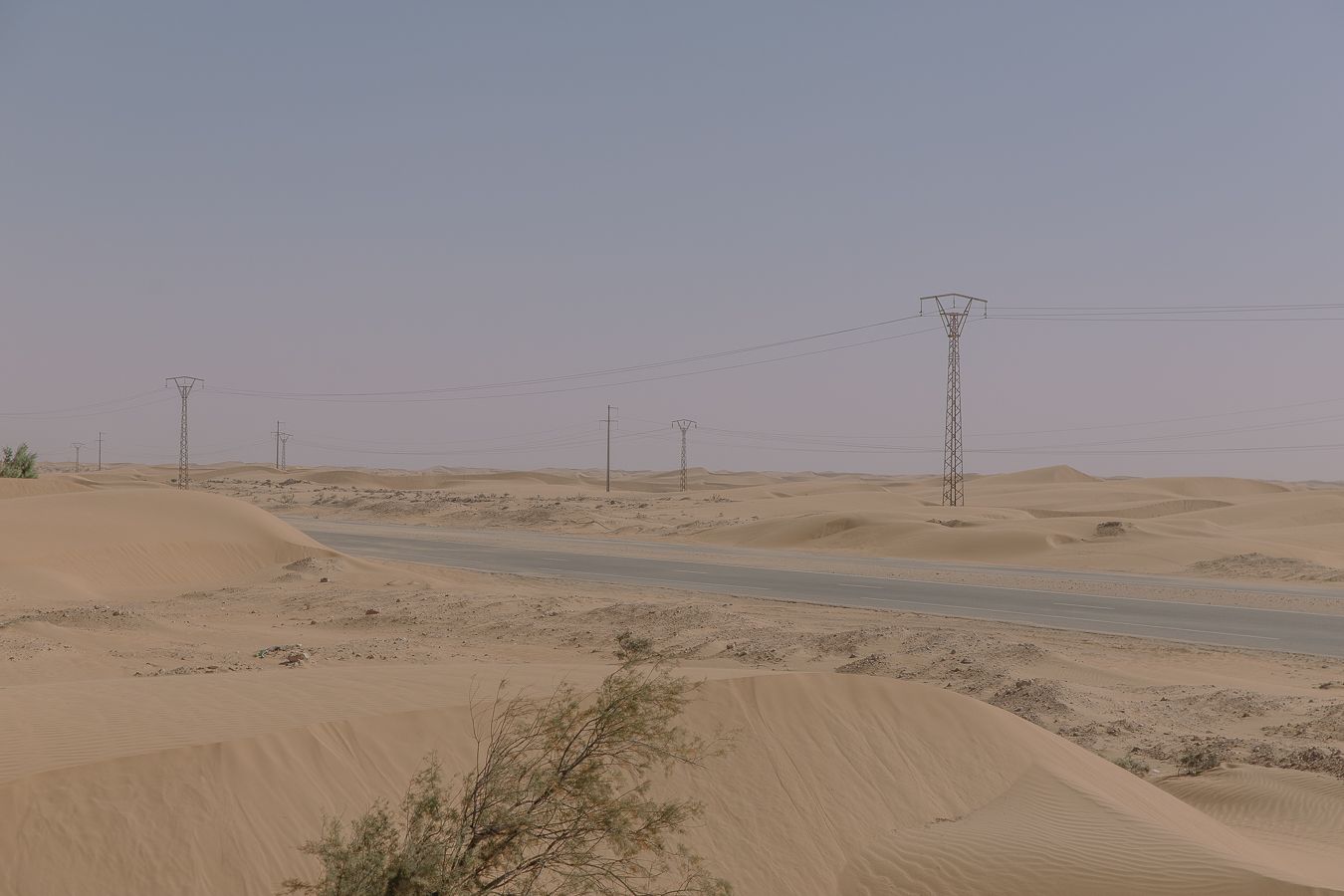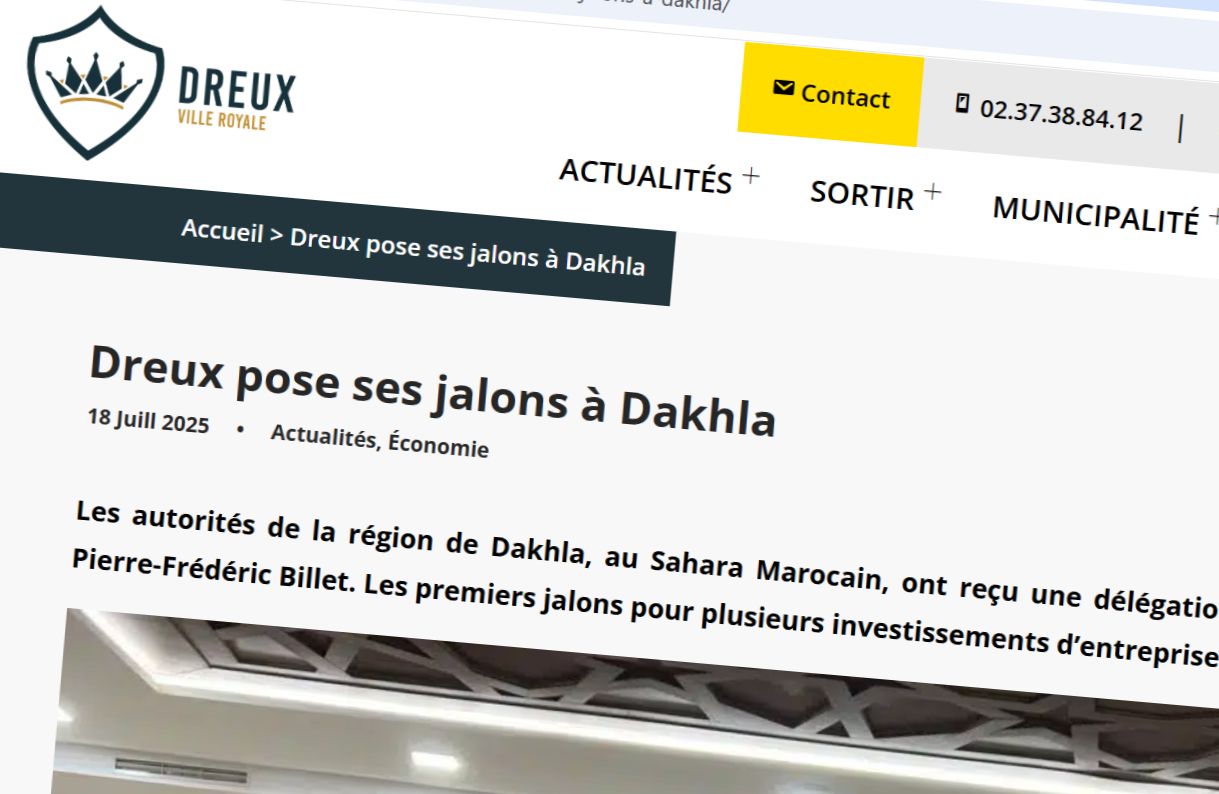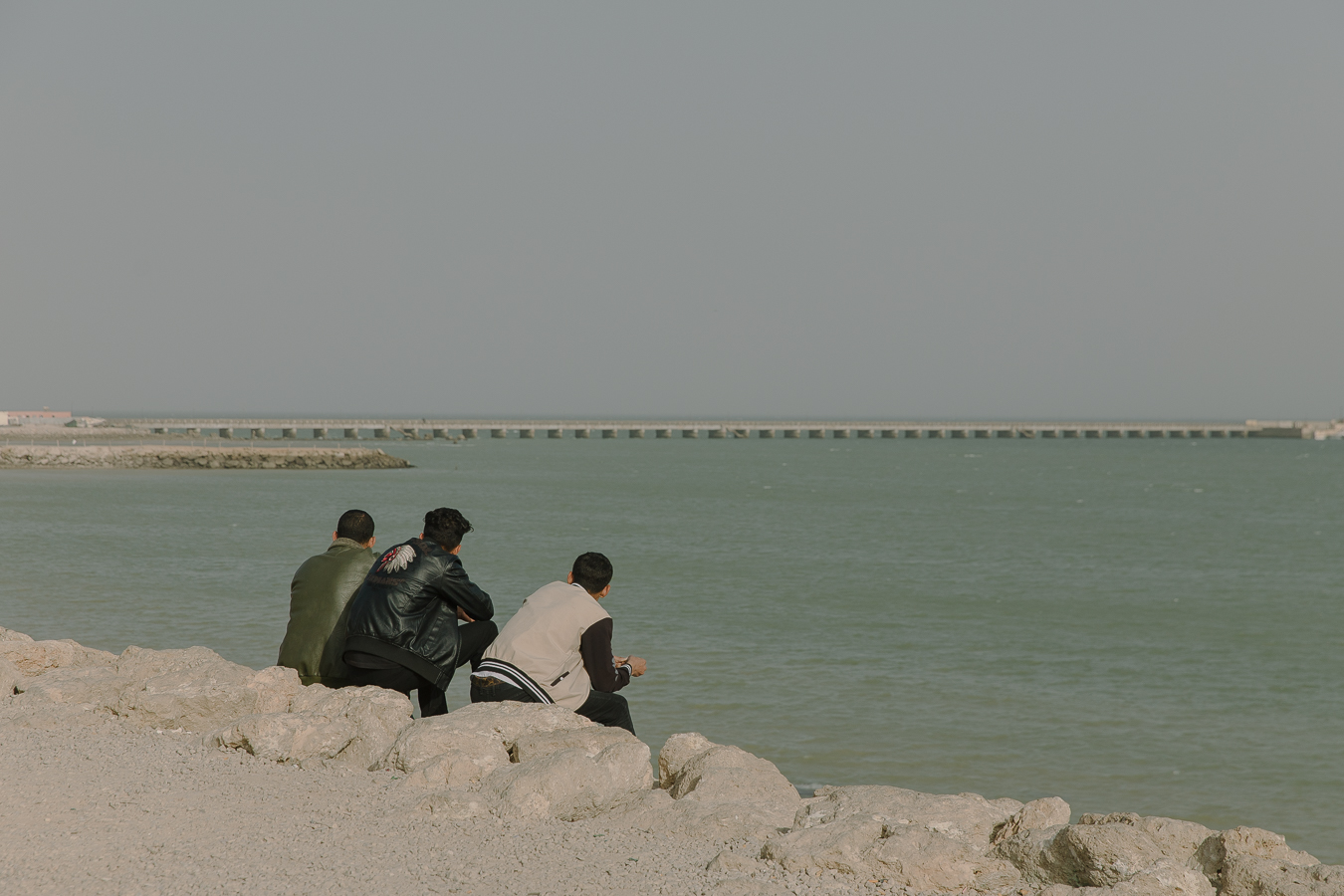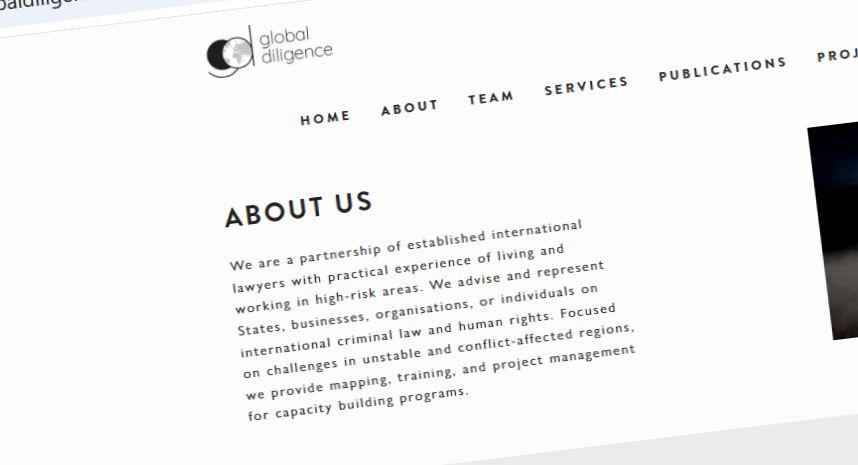
Up to 81% of all land that the Moroccan government has allocated for new, gigantic plans for renewable energy, green hydrogen and ammonia, is located outside of Morocco's international borders, in occupied Western Sahara.
The Moroccan government has revealed massive plans for investments in the energy sector in occupied Western Sahara. The intentions appeared in the Moroccan government's 2024 Finance Bill [or download] last week.
A string of reports was released to support the plans outlined in the bill. One of these reports, [or download], specifies how public land - defined as “private domain of the state, of which the state is the owner” - will be utilised in view of the planned investments.
It is a testimony of the plans of the Moroccan government to create a renewable energy and green hydrogen hub in occupied Western Sahara - which can hardly be described as land owned by the Moroccan state.
Possibly as much as 81% of all the land that the Moroccan government has earmarked for renewable energy and green hydrogen or ammonia projects, is located in occupied Western Sahara.
The report describes the territory using the administrative regions that the Moroccan authorities have imposed on the territory: the regions of “Dakhla-Oued Eddahab" and “Laâyoune-Sakia El Hamra”, which combined make up the entirety of occupied Western Sahara. The latter region, “Laâyoune-Sakia El Hamra”, spans the northern part of occupied Western Sahara but also overlaps the border with Morocco. It thus includes a small sliver of land that internationally is regarded as Morocco. As the report does not give specific locations for the mentioned projects, it is not possible to state with a 100% certainty that those listed for this region will all be implemented in what is actually Western Sahara.
In “Dakhla-Oued Eddahab”, the region corresponding to the southern half of the territory, around 800,000 ha have been made available to accommodate 5 mega projects, corresponding to an investment of 231 billion Dirham. The northern half of the territory - referred to as the "Laâyoune-Sakia El Hamra region" by the Moroccan government - will host 9 projects on 371,675 ha, with a financial injection of 228 billion Dirham.
Concretely, the following projects have been listed by the Moroccan government in occupied Western Sahara:
- In the southern half of the territory ("Dakhla-Oued Eddahab"):
- Dahamco SA will construct a green hydrogen and ammonia production unit, on 553,435 ha of land;
- Falcon will build a green hydrogen production unit on 150,446 ha;
- TAQA Morocco will install a renewable energy plant for the production of green hydrogen and derived products (70,000 ha), as well as a 300 megawatt (MW) wind farm on 7,940 ha;
- Power Sur SARL will develop a green hydrogen production unit on 15,000 ha of land.
- 8 wind farms are listed for “Laâyoune-Sakia El Hamra”, which consists of the northern half of the territory and a small bit of land in the south of Morocco proper:
- The company ORNX intends to install a wind farm and a green hydrogen production unit in Boujdour over an area of 145,333 ha, and to enroll a similar project across 100,000 ha in El Aaiún. ORNX Boujdour and ORNX Laayoune are in part held by Acciona SA (Spanish conglomerate that i.a. develops renewable energy projects), Nordex SE (a German wind turbine producer) and Ortus Climate Mitigation LLC (US-based renewable energy infrastructure developer);
- OCP group plans to set up a green hydrogen platform over an area of 100,350 ha. OCP owns Phosboucraa, which exploits the phosphate reserves of occupied Western Sahara;
- Acwa Power intends to construct two wind farms in the territory, each of 100 MW on a total land base of 10,341 ha. Acwa has previously installed two solar plants in the territory: the 85 MW plant in El Aaiún and 20 MW plant in Boujdour;
- Tarouma Wind has been accorded 4,471 ha for a wind farm worth an investment of 2.5 billion Dirham.
- A company referred to as Boujdour Wind Farm will install a 100 MW wind farm on 3,869 ha;
- EEM - the subsidiary of Nareva, the Moroccan king's energy firm - plans to build two wind farms. The first will cover an area of nearly 3,000 ha and will require 740 million dirhams of investment while the second will be installed on 2,844 ha and require 1.5 billion dirhams.
Eight of these projects will be developed within the framework of what is referred to as the “régime conventionné”, that is explained in the report: the five projects in the Dakhla area, in addition to the 100 MW Boujdour Wind Farm and the two farms planned by EEM. This system reportedly offers several advantages, including tax and customs exemptions, as well as state support for the costs of external infrastructure, professional training and land acquisition.
WSRW has in the past tried to get comments from ACWA Power and Taqa, without obtaining any response. WSRW wrote Nordex on 31 October 2023. WSRW has not yet contacted the other companies mentioned in this article.
Through its roll-out of massive energy projects in occupied Western Sahara, Morocco becomes more economically connected to, and dependent on, the territory it holds under illegal, military occupation. It intends to export energy generated in the territory to Morocco proper, and to sell off any surplus to surrounding countries, including the EU. As such, the development further diminishes Morocco's already small incentive to engage in the UN peace process, all the more so given that many of the projects in occupied Western Sahara are in the portfolio of companies that are owned by the king of Morocco or its prime minister Aziz Akhannouch.
Since you're here....
WSRW’s work is being read and used more than ever. We work totally independently and to a large extent voluntarily. Our work takes time, dedication and diligence. But we do it because we believe it matters – and we hope you do too. We look for more monthly donors to support our work. If you'd like to contribute to our work – 3€, 5€, 8€ monthly… what you can spare – the future of WSRW would be much more secure. You can set up a monthly donation to WSRW quickly here.
Morocco pushes enormous green hydrogen plans in occupied Western Sahara
The Moroccan government has confirmed several green hydrogen projects totalling 20 GW of renewables and up to 8 million tonnes of derivatives - many planned in occupied Western Sahara.
French publicly-owned firm plans energy project in occupied Western Sahara
The French town of Dreux considers ignoring a ruling in the French courts and to engage with a controversial energy operation in occupied Western Sahara.
Canary trade mission to legal minefield
A publicly organised mission will take Canary companies into occupied Western Sahara later this month.
Global Diligence defends operations on occupied land
The legal advisory firm Global Diligence, which presents itself as expert on ‘heightened due diligence’, misrepresents international law in occupied Western Sahara.



